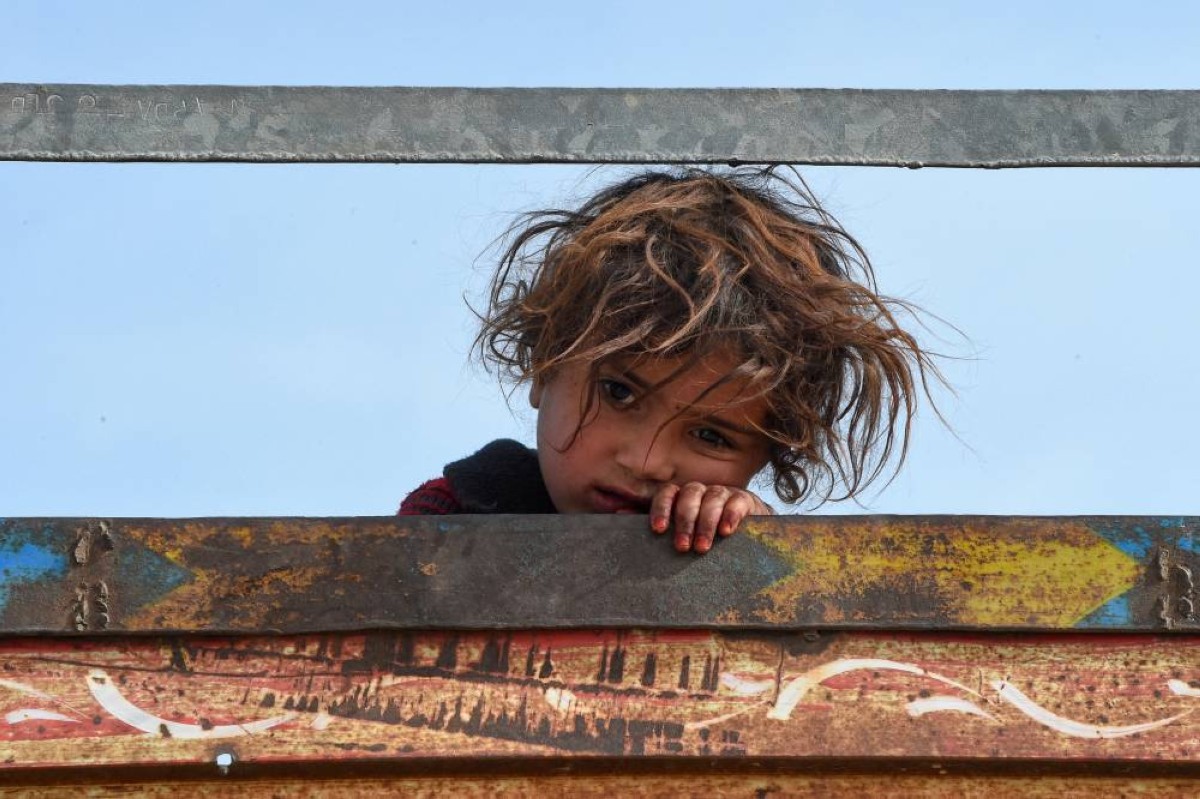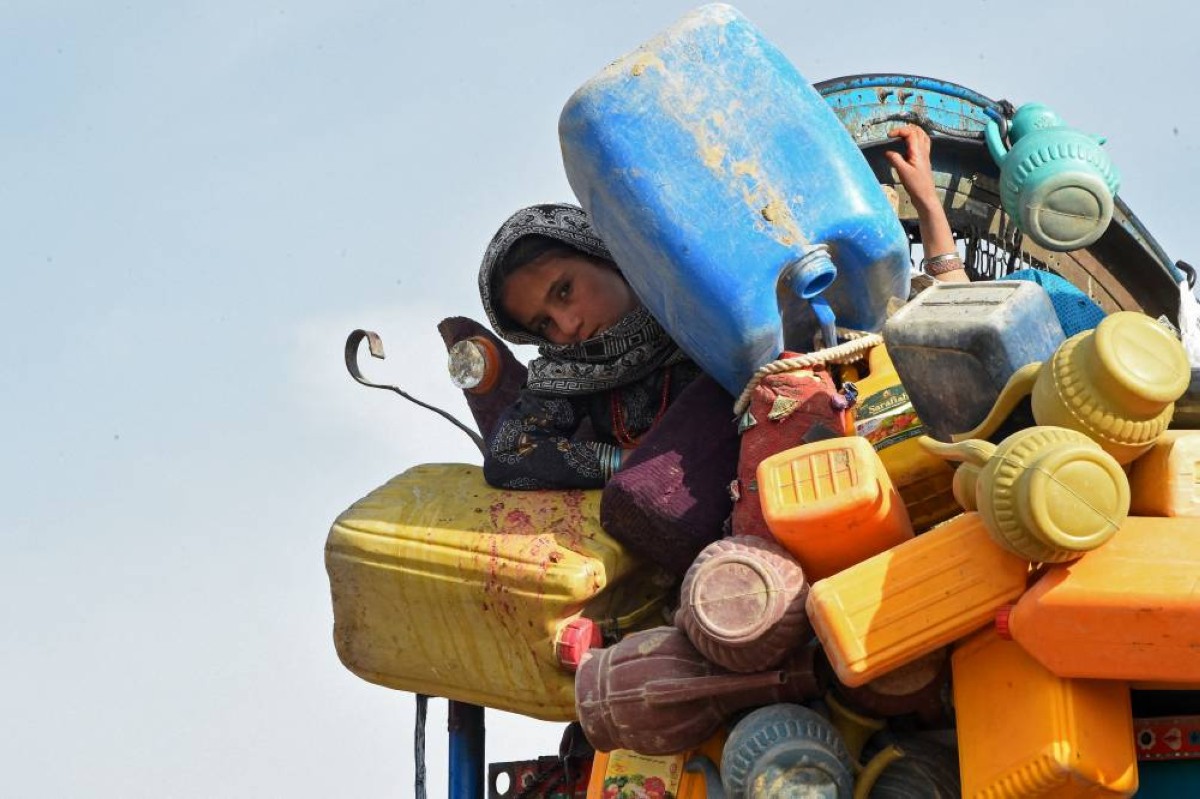KABUL: Thousands of Afghans living in Pakistan have been forcibly returned to their country since Nov 1 "in very poor condition", Taliban authorities said on Sunday, contradicting Islamabad, which said most have returned voluntarily.
More than 200,000 people have crossed from Pakistan into Afghanistan, Pakistani border officials said, the vast majority since an Oct 3 ultimatum given to the 1.7 million Afghans Islamabad said were living illegally in the country. In the week before the deadline, a stream of Afghans heading home has turned into a flood, with authorities working from dawn till dusk to register the new arrivals but struggling to keep up.
Pakistan says most Afghans have left voluntarily, but Kabul insists the majority have been forcibly repatriated since the deadline. "Most of the refugees who are returning are sent here by force, they have been beaten, their belongings have been seized, their money has been taken," Naqibullah Momin from the department for refugees in southern Kandahar province told AFP. "These refugees have arrived at Spin Boldak in a very bad condition."
He said that in the past four days, more than 21,600 people have crossed the border at Spin Boldak and that most had been forcefully sent back, though Taliban authorities do not distinguish between deportations and voluntary returns when registering people at the crossing.
Pakistan has said most people arriving at the border at Spin Boldak and the other main point where the majority of people have crossed, Torkham, had not been arrested or detained. "Not a single Afghan is subjected to humiliation in the province," Jan Achakzai, the information minister for Balochistan province — where the main southern border point is located — told AFP, emphasizing that the "large majority" have left voluntarily. "Even now, we are urging those without proper documents to depart willingly."
High-level Taliban officials have hit out at Pakistan for "cruel" treatment of Afghans in recent days, warning of "consequences". The long wait times and lack of services left many Afghans without basic necessities, such as food, water or washrooms.
Taj Mohammad, who travelled from Peshawar just across the border and was waiting to register with the government before going to nearby Jalalabad, told AFP last week that his two-month-old son had developed a chest infection. "Babies are suffering from flu and chest infections, not only mine but every baby. The weather is cold at night and there are not enough resources."
Diapers littered the area around the sea of trucks, people and industry that has sprung up around the ad hoc camp, but most people have nothing to clothe their small children in, and human excrement was everywhere. The government and UN agencies have scrambled to provide services and support, including mobile toilets, water tanks and other supplies, but "we need it to be more", said Mohammad.
Since taking power, Taliban authorities have urged Afghans to return home, but they also condemn Pakistan's actions, saying nationals are being punished for tensions between Islamabad and Kabul, and are calling for people to be given more time to leave. Pakistan has said the deportations are to protect its "welfare and security" after a sharp rise in attacks, which the government blames on militants operating from Afghanistan, an allegation Kabul denies. – AFP



